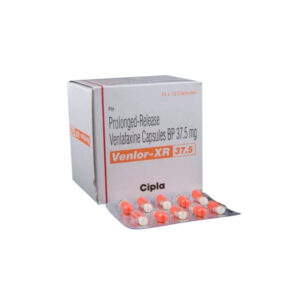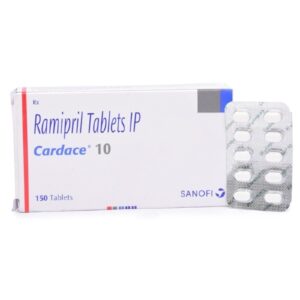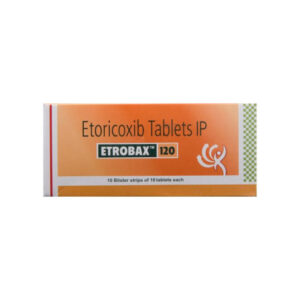Oxybutynin Information
Pronunciation
oks i BYOO ti nin
What is this drug used for?
• It is used to treat an overactive bladder.
• It may be given to you for other reasons. Talk with the doctor.
Frequently reported side effects of this drug
• Fatigue
• Headache
• Blurred vision
• Constipation
• Diarrhea
• Nausea
• Loss of strength and energy
• Anxiety
• Trouble sleeping
• Application site redness, irritation, or itching
• Dry mouth
Other side effects of this drug: Talk with your doctor right away if you have any of these signs of:
• Urinary tract infection like blood in the urine, burning or painful urination, passing a lot of urine, fever, lower abdominal pain, or pelvic pain.
• Severe dizziness
• Passing out
• Confusion
• Sensing things that seem real but are not
• Agitation
• Mood changes
• Lack of sweat
• Unable to pass urine
• Severe abdominal pain
• Muscle weakness
• Signs of a significant reaction like wheezing; chest tightness; fever; itching; bad cough; blue skin color; seizures; or swelling of face, lips, tongue, or throat.
Medication Safety Issues
Sound-alike/look-alike issues:
Oxybutynin may be confused with oxyCODONE, OxyCONTIN
Ditropan may be confused with Detrol, diazePAM, Diprivan, dithranol
Geriatric Patients: High-Risk Medication:
Beers Criteria: Oxybutynin is identified in the Beers Criteria as a potentially inappropriate medication in patients 65 years and older due to its strong anticholinergic properties (Beers Criteria [AGS 2019]).
Other safety concerns:
Transdermal patch may contain conducting metal (eg, aluminum); remove patch prior to MRI.
Storage and Stability
Immediate release tablet and syrup: Store at 20°C to 25°C (68°F to 77°F). Protect from light.
Extended release tablet: Store at 25°C (77°F); excursions permitted to 15°C to 30°C (59°F to 86°F). Protect from moisture and humidity.
Topical gel: Store at 20°C to 25°C (68°C to 77°F). Protect from moisture and humidity. Keep away from open flame. Do not store outside the sealed pouch or pump dispenser; apply immediately after removal from the protective pouch or once contents expelled from pump dispenser. Discard used sachets such that accidental application or ingestion by children, pets, or others are avoided.
Transdermal patch: Store at 20°C to 25°C (68°F to 77°F). Protect from moisture and humidity. Do not store outside the sealed pouch; apply immediately after removal from the protective pouch. Discard used patches such that accidental application or ingestion by children, pets, or others is avoided.
Adverse Reactions
As reported with oral administration, unless otherwise noted.
Cardiovascular: Decreased blood pressure, edema, flushing, increased blood pressure, palpitations, peripheral edema, sinus arrhythmia
Central nervous system: Confusion, dizziness (more common with oral), drowsiness, falling, fatigue (oral, topical gel), flank pain, headache (more common with oral), insomnia, nervousness, pain
Dermatologic: Macular eruption (transdermal; application site), pruritus (oral, topical gel), xeroderma
Endocrine & metabolic: Fluid retention, increased serum glucose, increased thirst
Gastrointestinal: Abdominal pain, coated tongue, constipation (more common with oral), diarrhea, dysgeusia, dyspepsia, eructation, flatulence, gastroesophageal reflux disease, nausea, upper abdominal pain, viral gastroenteritis (topical gel), vomiting, xerostomia (more common with oral)
Genitourinary: Cystitis, dysuria (oral, transdermal), increased post-void residual urine volume, pollakiuria, urinary hesitancy, urinary retention, urinary tract infection (oral, topical gel)
Infection: Fungal infection
Local: Application site dermatitis (topical gel), application site erythema (transdermal), application site pruritus (more common with transdermal), application site rash (transdermal), application site reaction (topical gel), application site vesicles (transdermal)
Neuromuscular & skeletal: Arthralgia, asthenia, back pain, limb pain
Ophthalmic: Blurred vision, eye irritation, keratoconjunctivitis sicca, visual disturbance (transdermal), xerophthalmia
Respiratory: Asthma, bronchitis, cough, dry nose, dry throat, hoarseness, nasal congestion, nasopharyngitis (oral, topical gel), oropharyngeal pain, paranasal sinus congestion, pharyngolaryngeal pain, sinus headache, upper respiratory tract infection (oral, topical gel)
Rare but important or life-threatening: Abnormal behavior, agitation, anaphylaxis, angioedema, anorexia, cardiac arrhythmia, chest discomfort, confusion, cycloplegia, decreased gastrointestinal motility, delirium, dizziness, drowsiness, dysphagia, facial edema, frequent bowel movements, glaucoma, hallucination, headache, hot flash, hypersensitivity reaction, hypertension, hypohidrosis, impotence, lactation insufficiency, memory impairment, mydriasis, prolonged Q-T interval on ECG, psychotic reaction, seizure, skin rash, tachycardia, urticaria, voice disorder –






